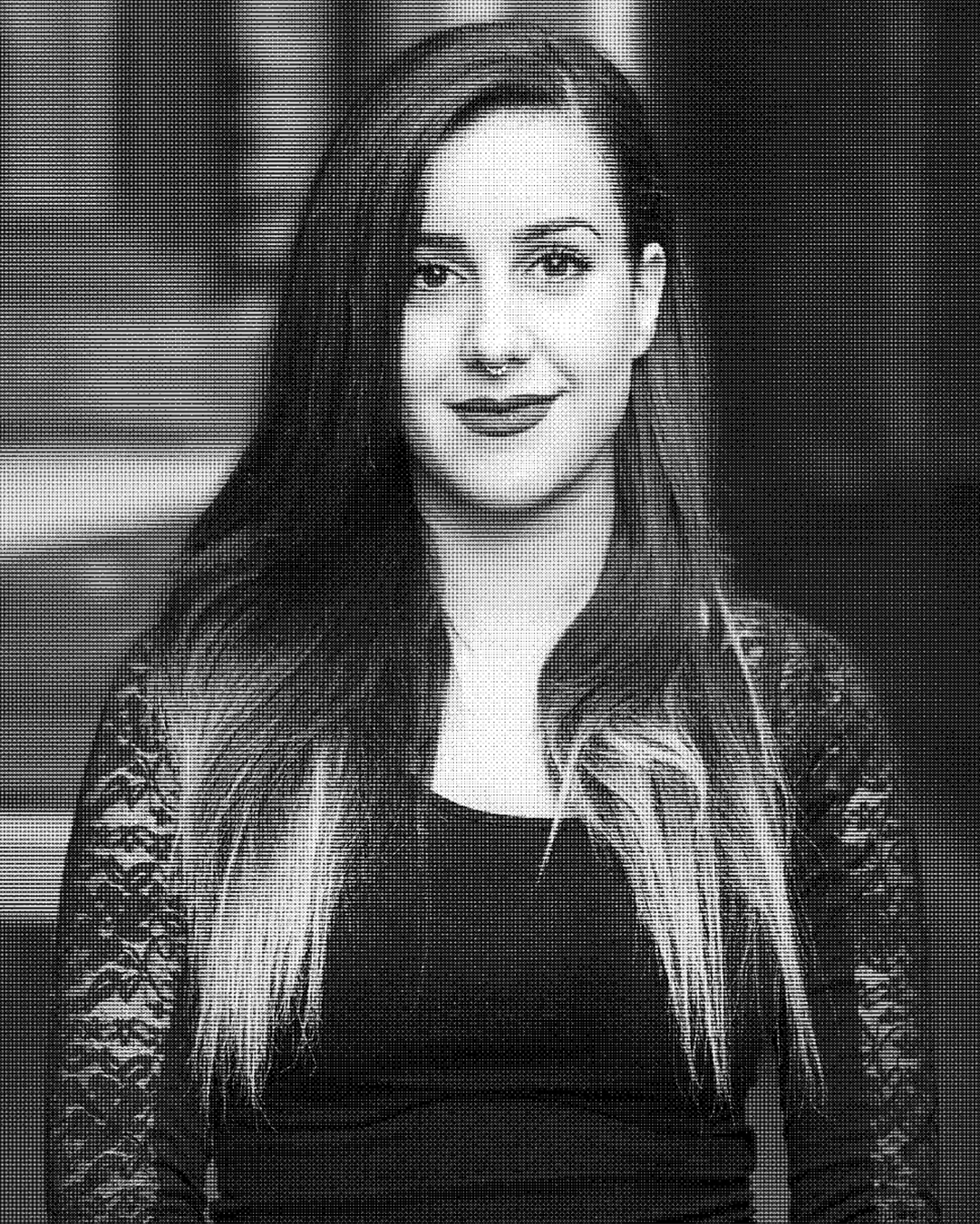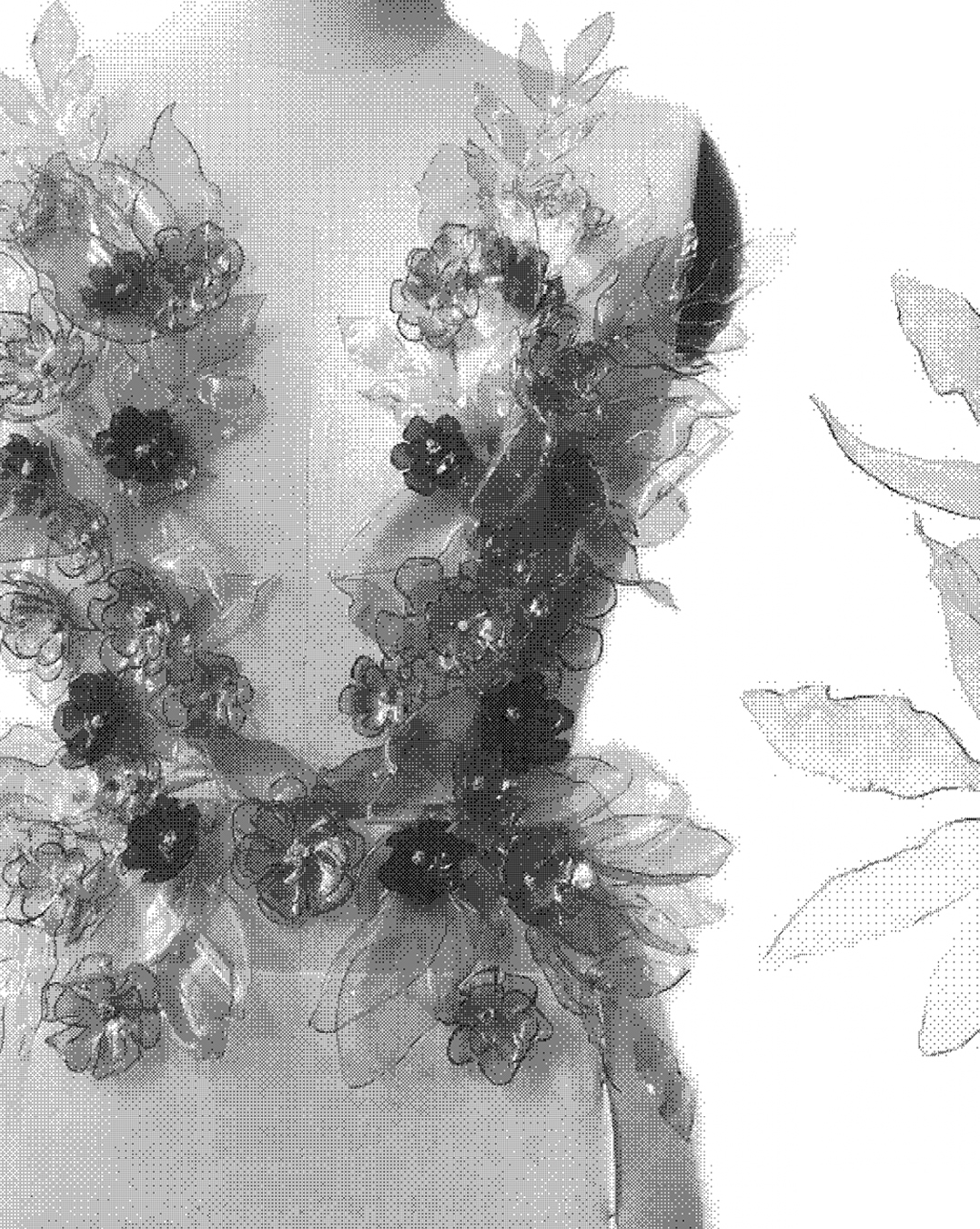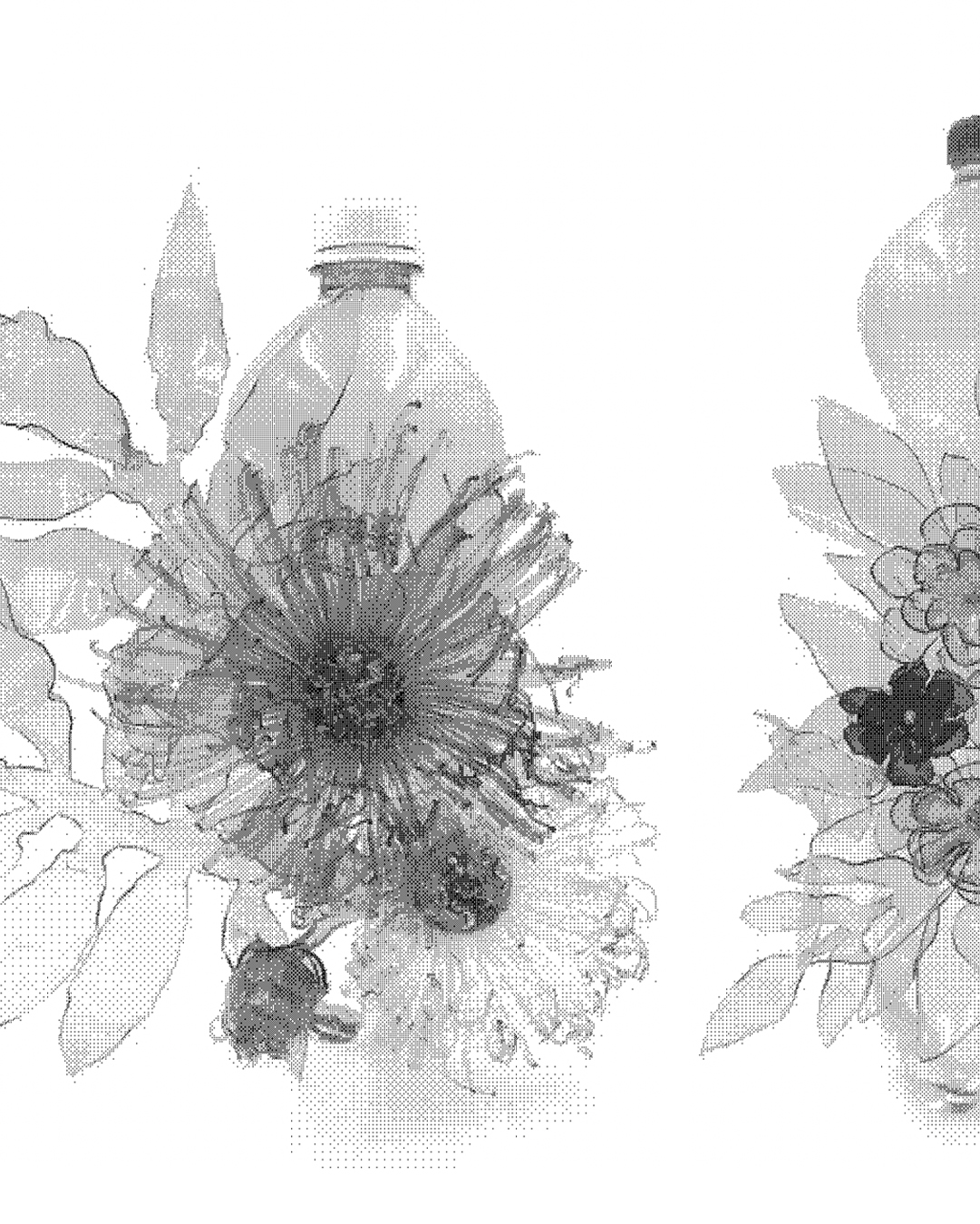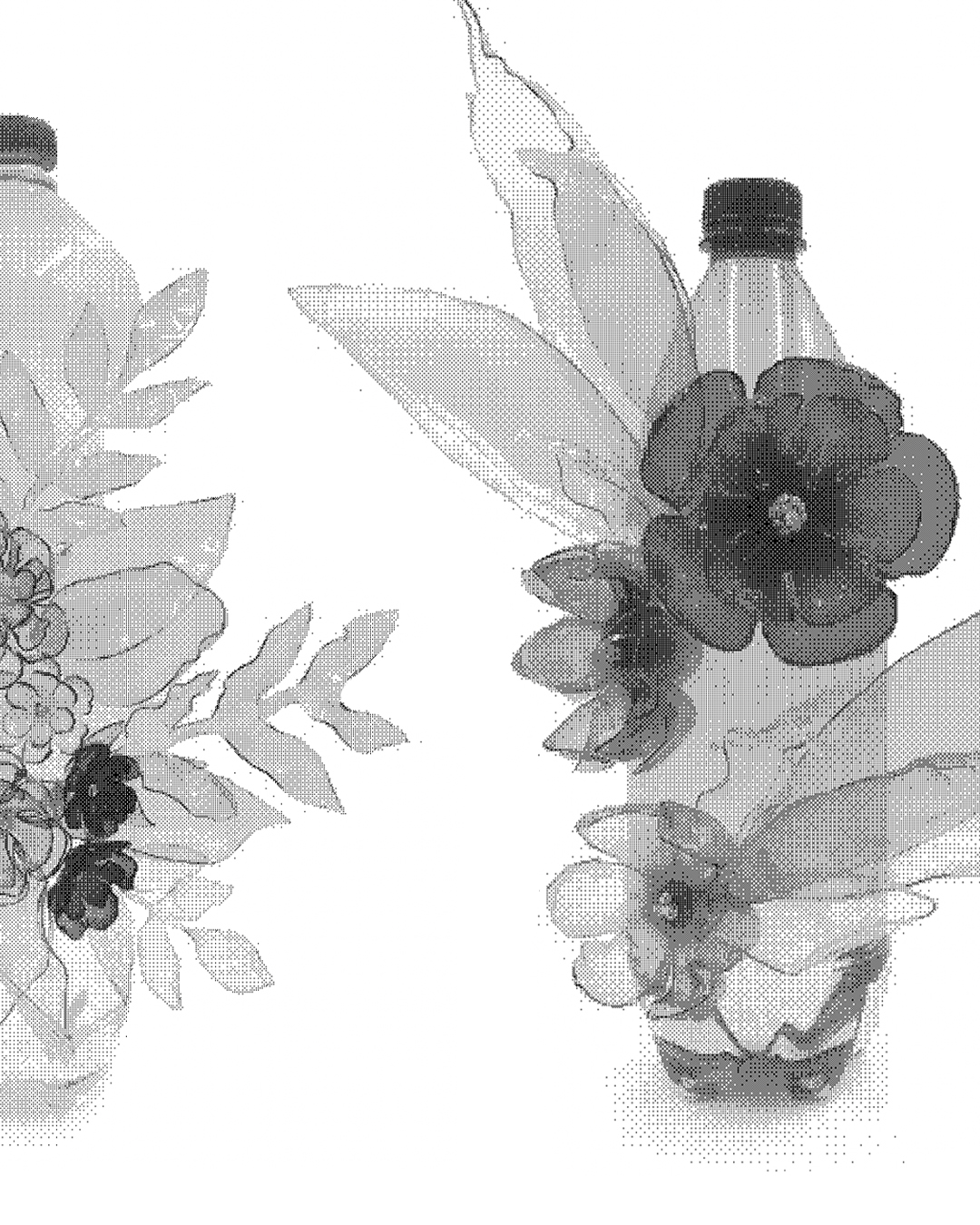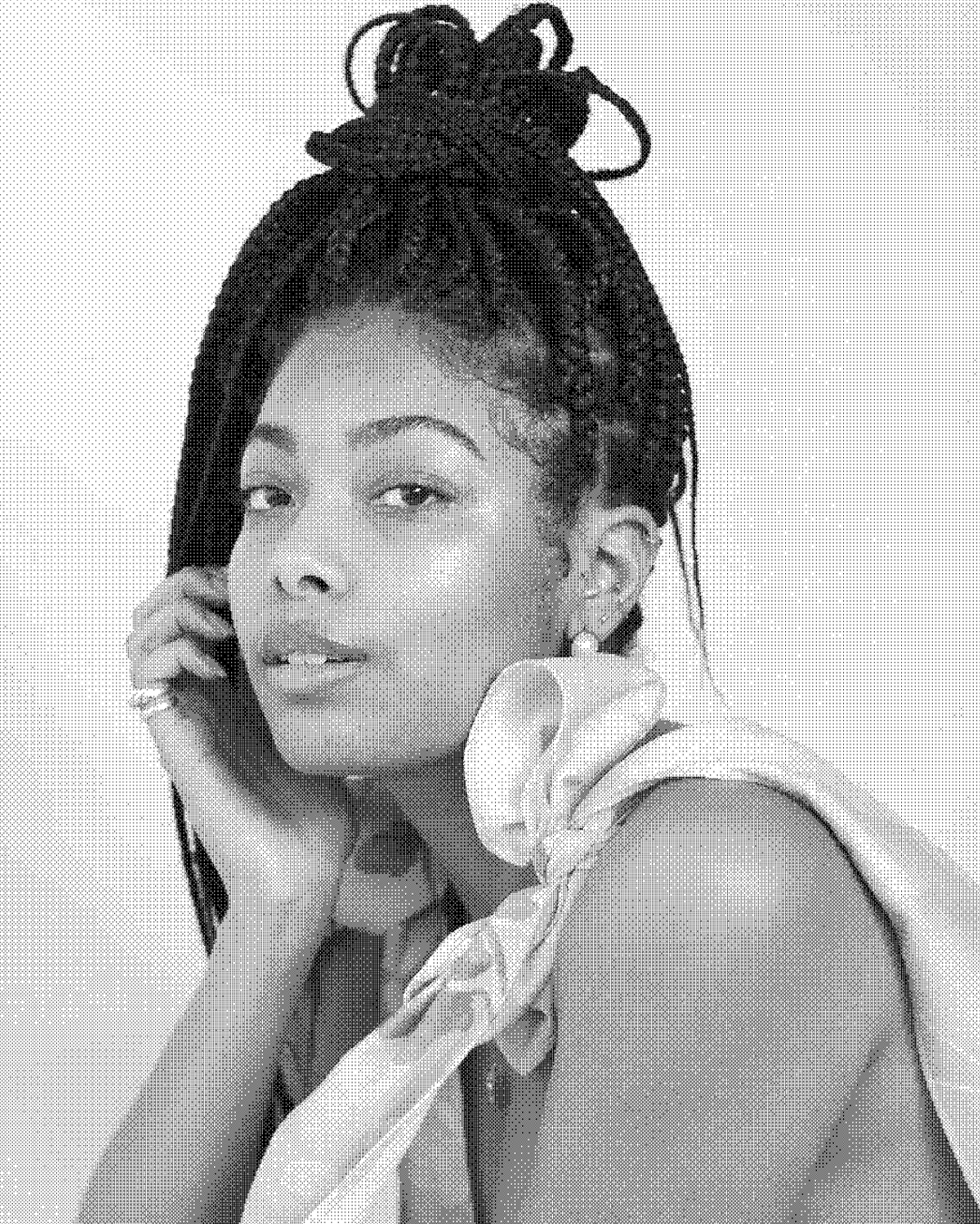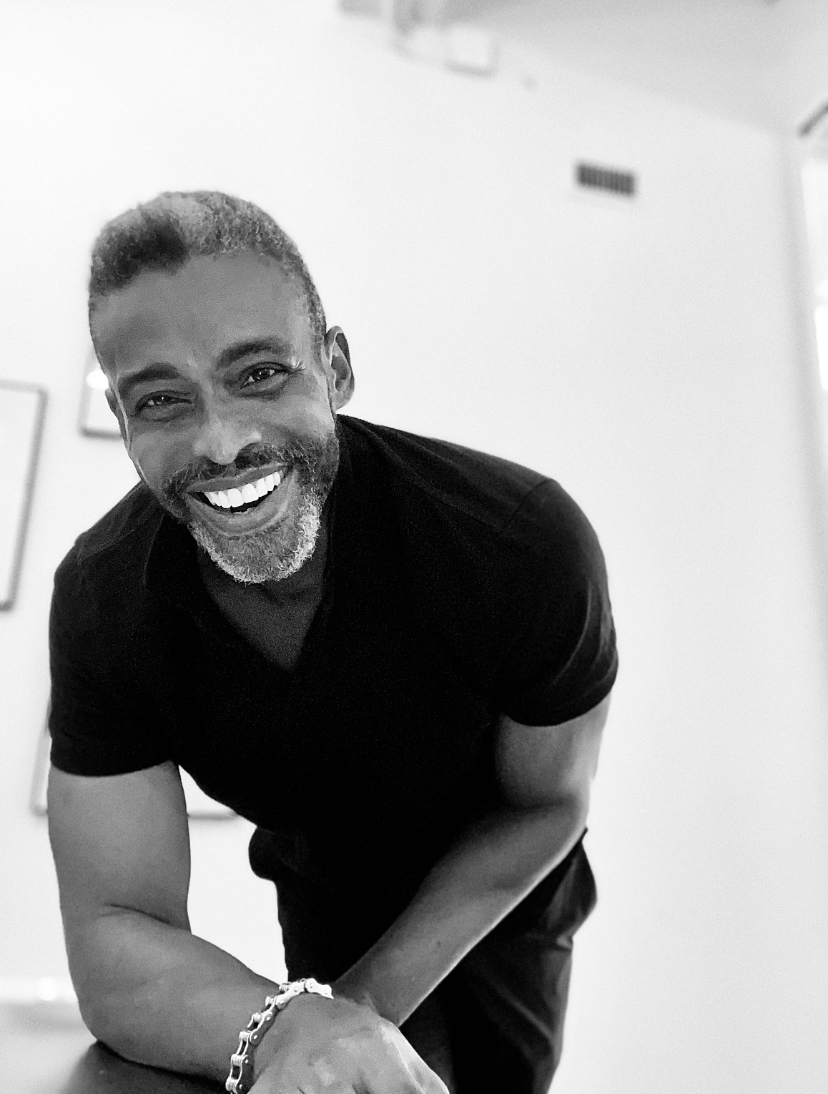What are the greatest challenges you have had to overcome throughout the pandemic?
Learning to create and make within the limits of my small apartment with no access to professional tools and equipment, then having to figure out how to share my work through digital platforms without losing any impact. This challenge forced me to manually approach certain techniques that helped me understand the fundamentals of my work as a textile maker.
Another challenge was working alone without other creatives around me. While this was an opportunity for self-awareness and reflection, it made me appreciate the advantages of working in a “team heavy” industry.
The final challenge was the uncertainty of my professional future. As a mature student, seeing the world around me change so fast made me question my priorities, interests, and plans. All of this while navigating an international move through the complexity of quarantine, disrupted services, and closed borders.
What are some of the biggest constraints you’ve faced in your projects?
Trying to categorize myself as a designer, creating for the world, or as an artist creating for myself. This has always been a huge challenge due to the personal to my work and the issues it tackles. The literal constraints of working with discarded or recycled materials definitely plays a part as well, because instead of just buying what I need from a store I’m often working to ensure everything is safe and hygienic as I sort recycling or go dumpster diving.
How has receiving a CFDA scholarship helped you to alleviate those constraints?
Receiving the CFDA scholarship made me realize that my mission is worth sharing, and my ideas are worth investing in. It assured me that I am on the right path, alleviating many stresses that were holding me back. In the few months since, I have grown exponentially as a maker, achieving major breakthroughs in my work that have the potential to introduce new, viable methods of recycling plastic waste. Shifting my concern from how to process a single recycled textile, to now looking at the boarder context of my work and how it scales is a crucial benefit that the CFDA scholarship has granted.
